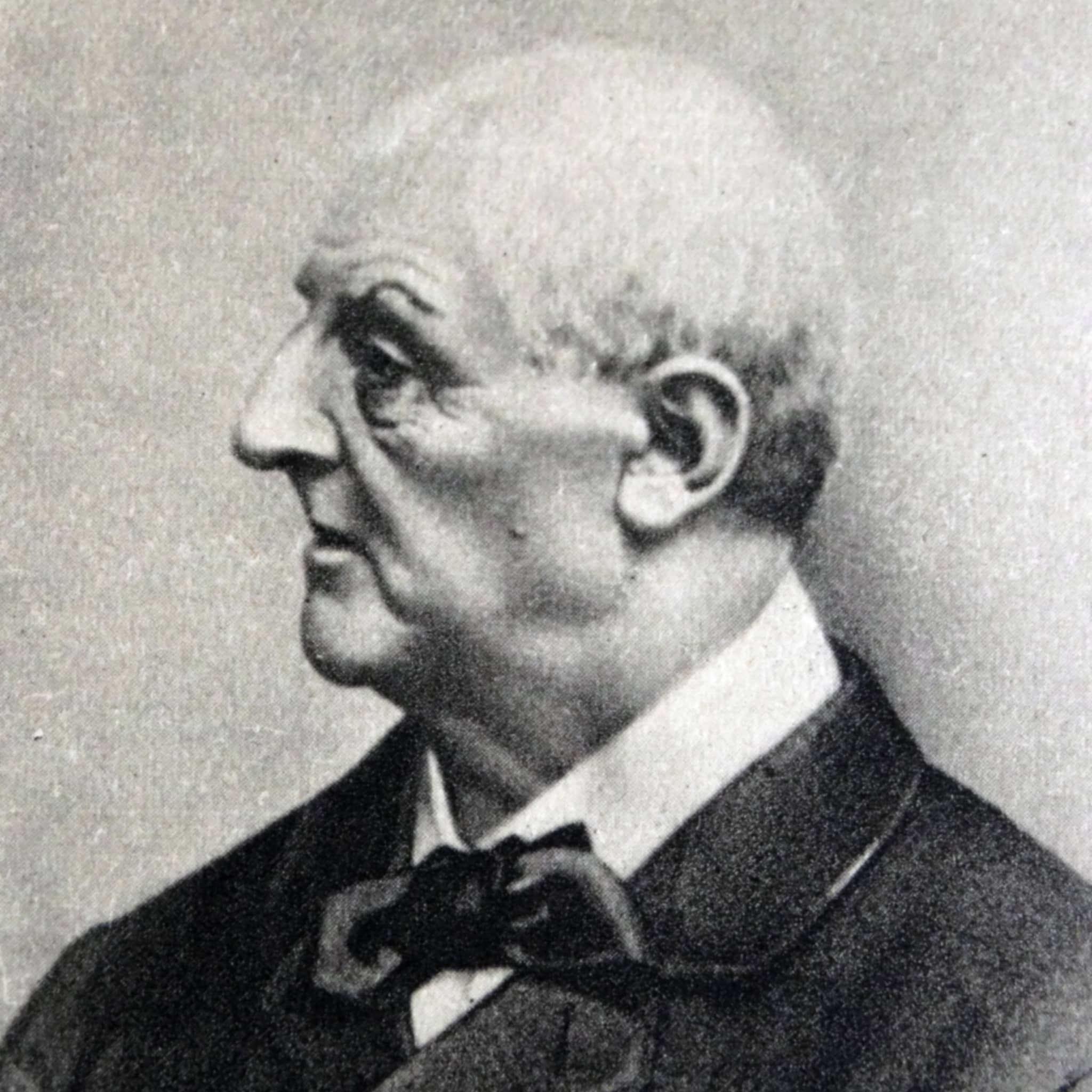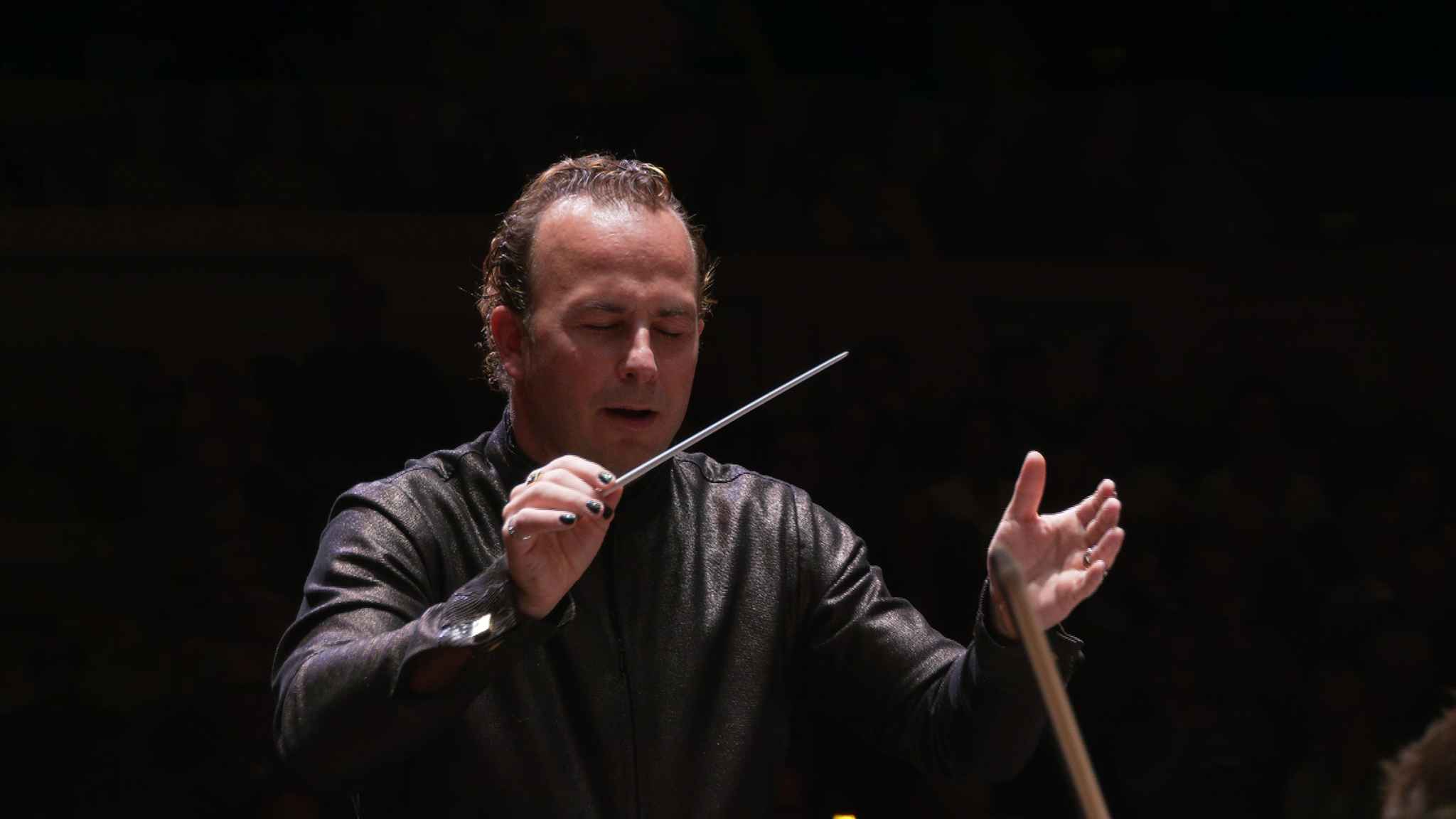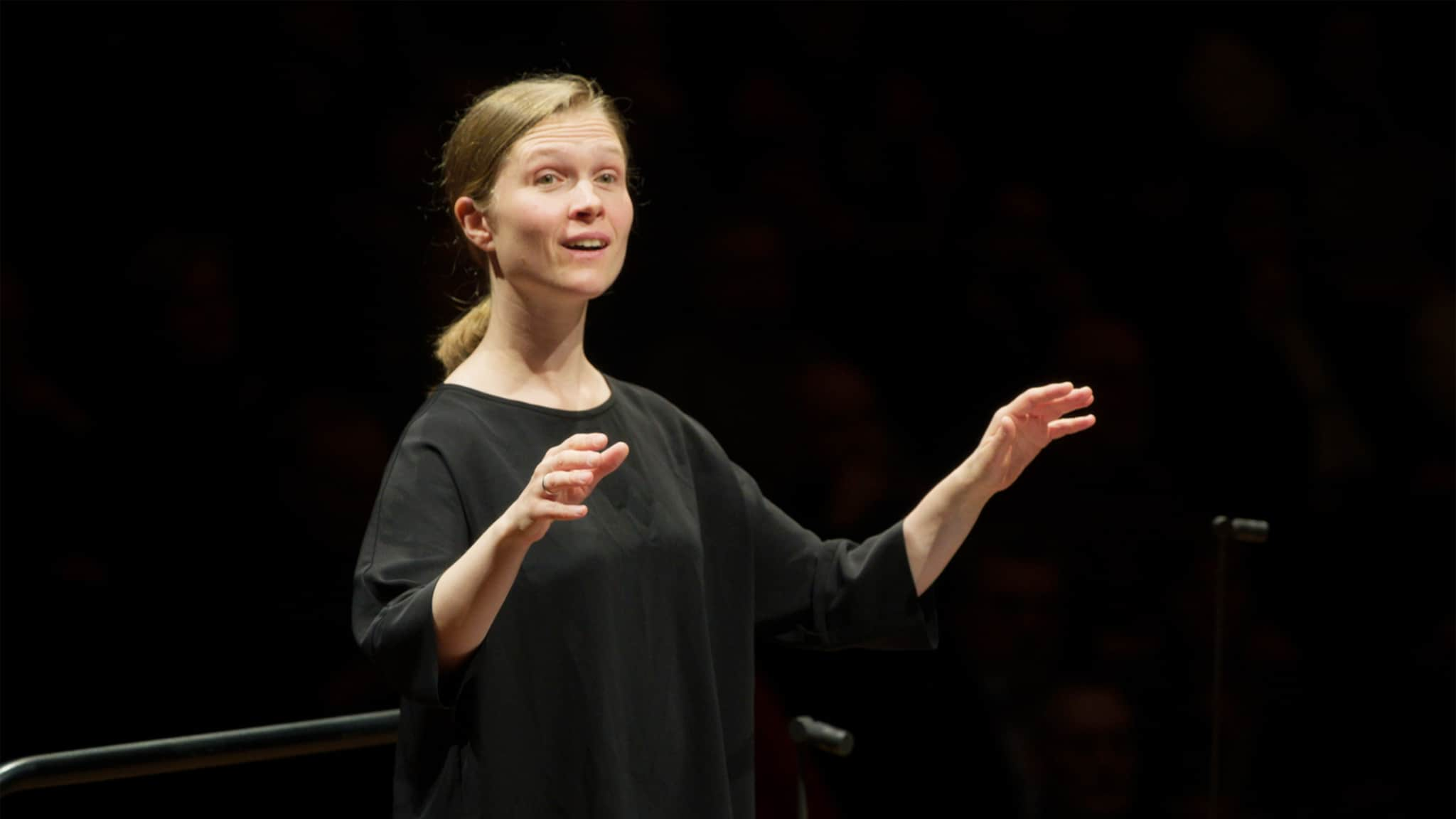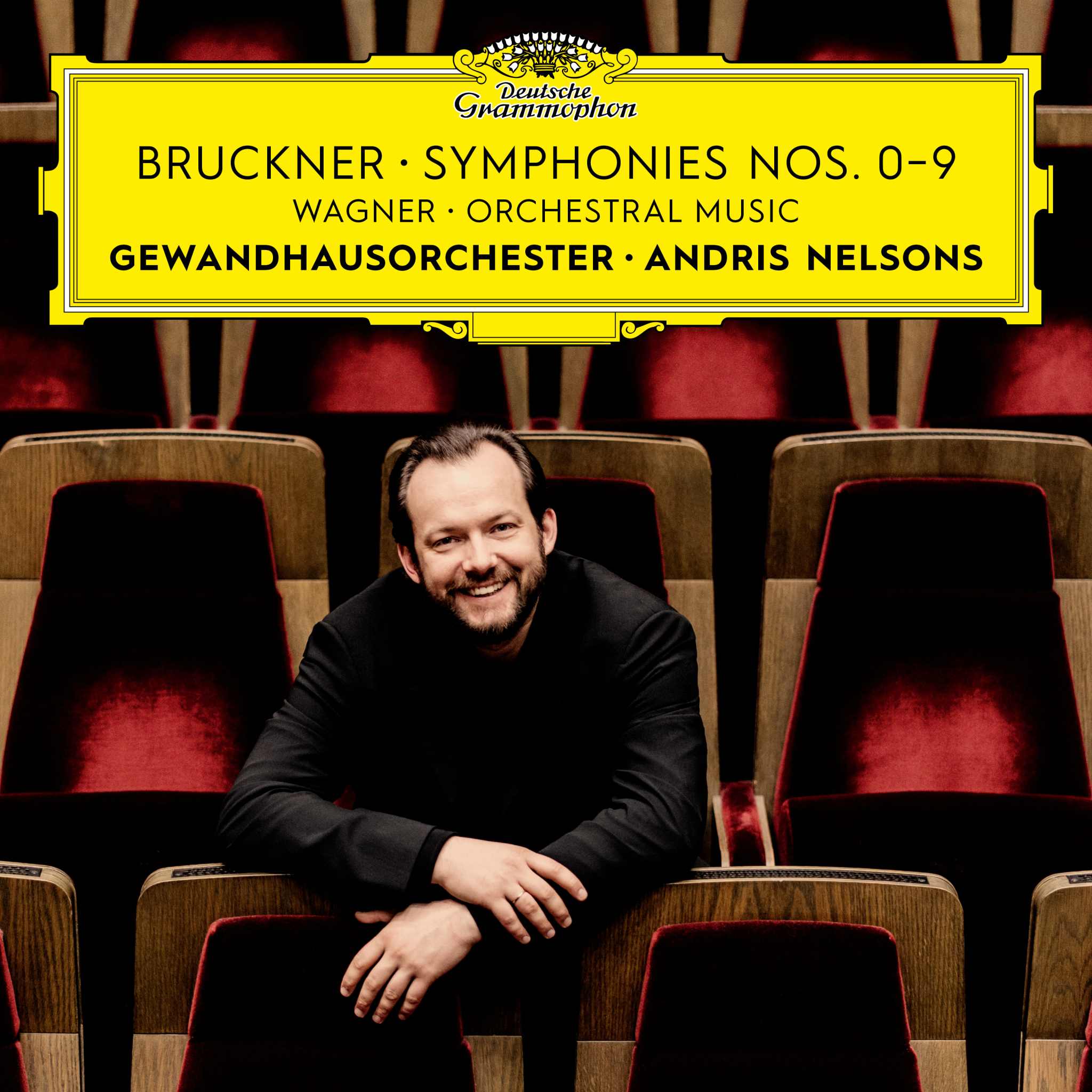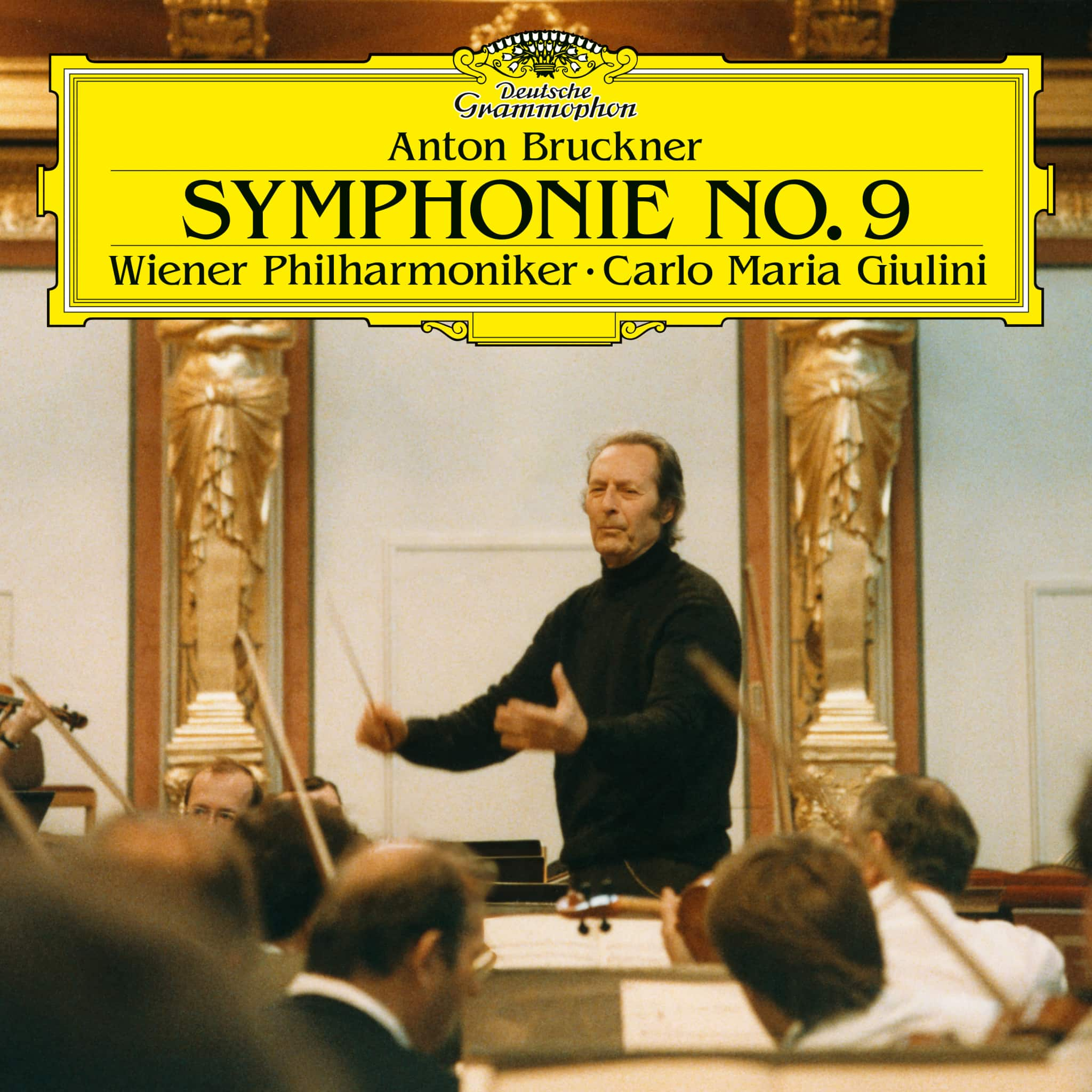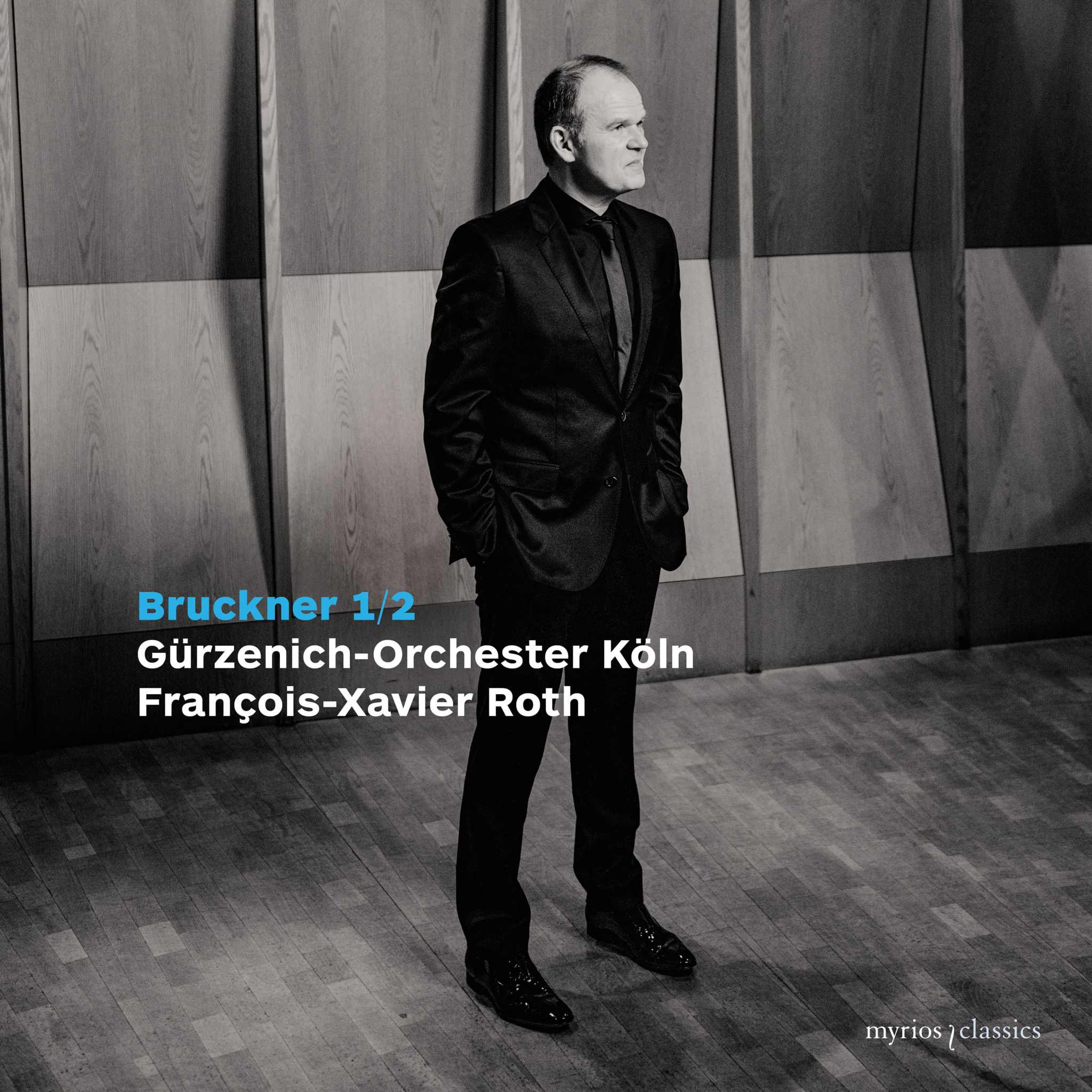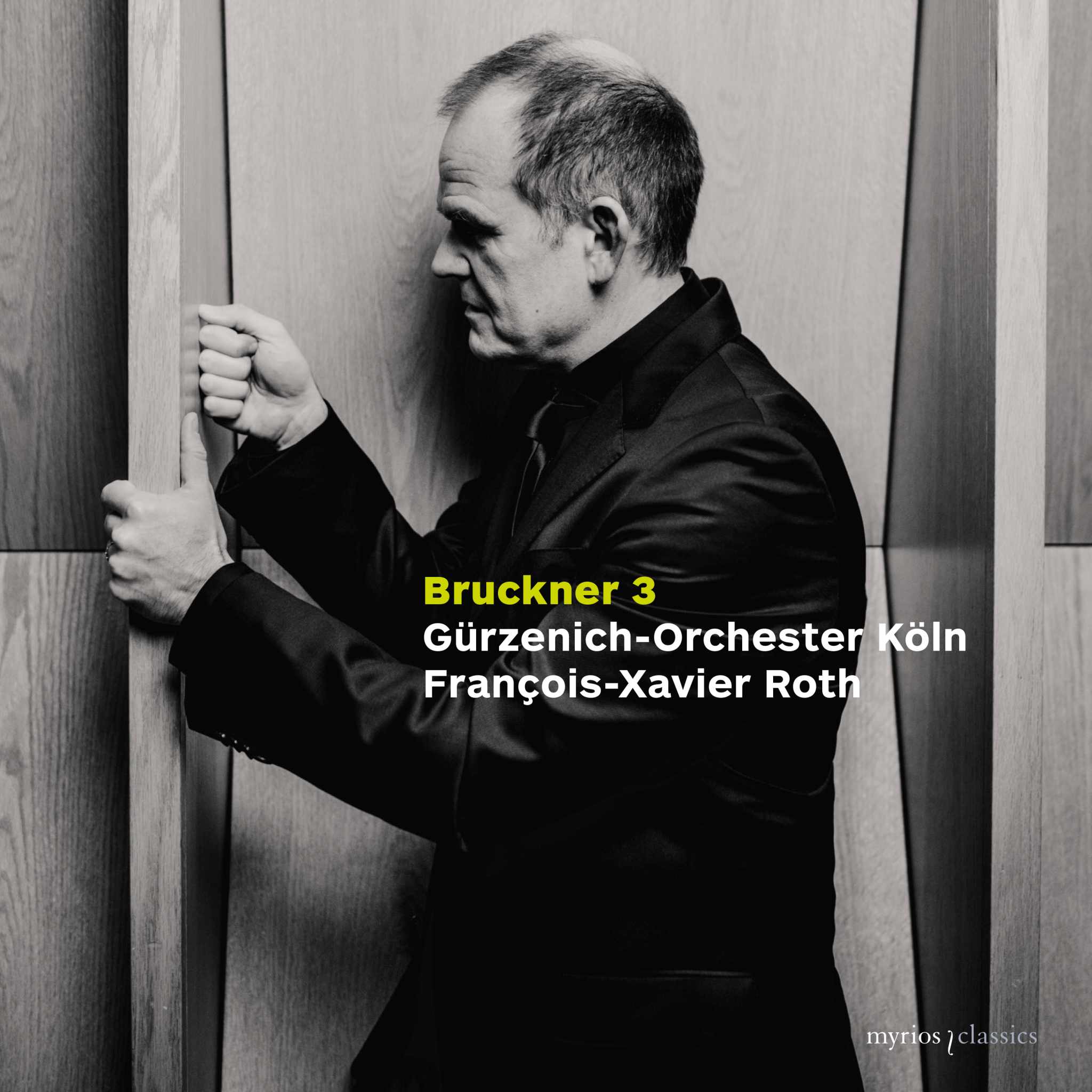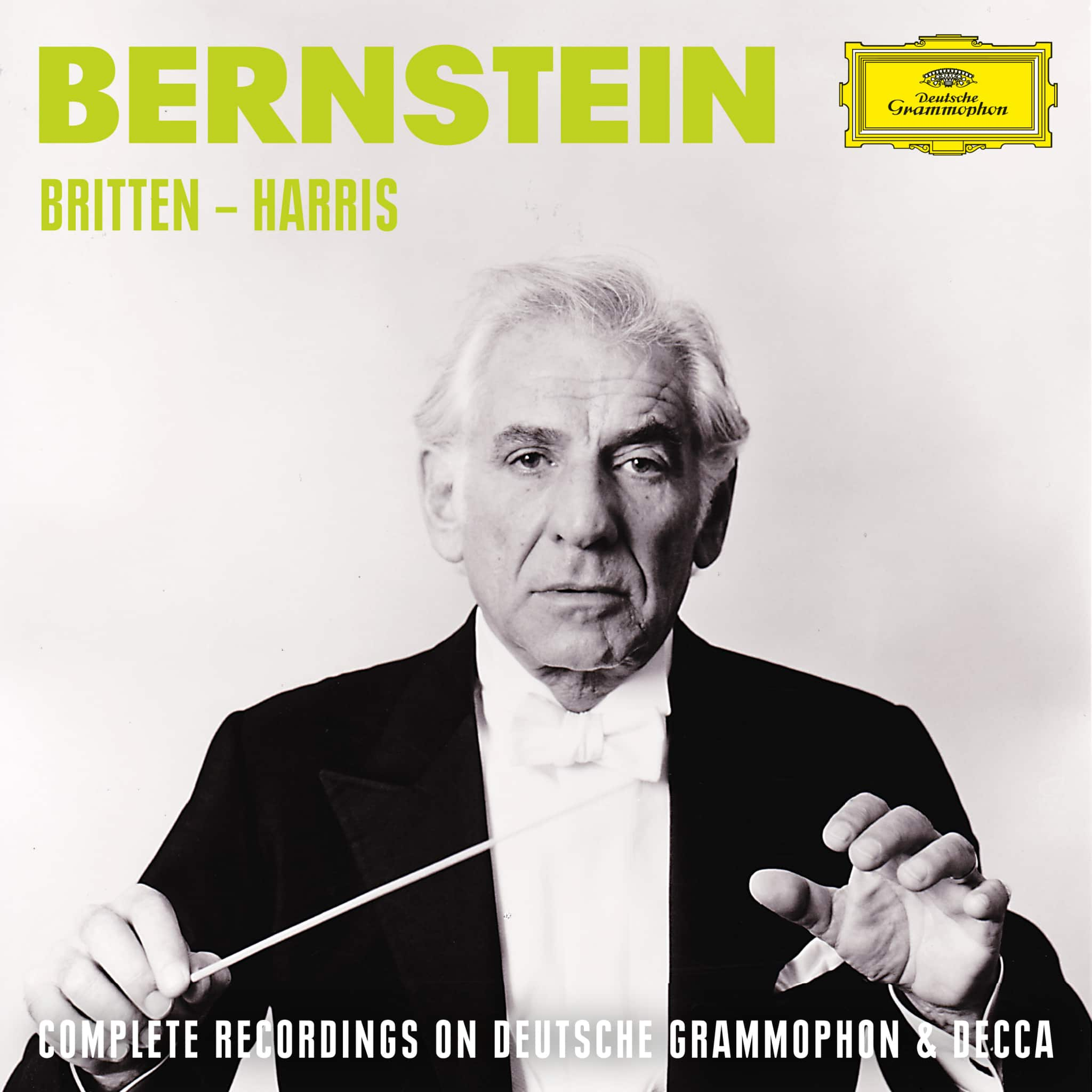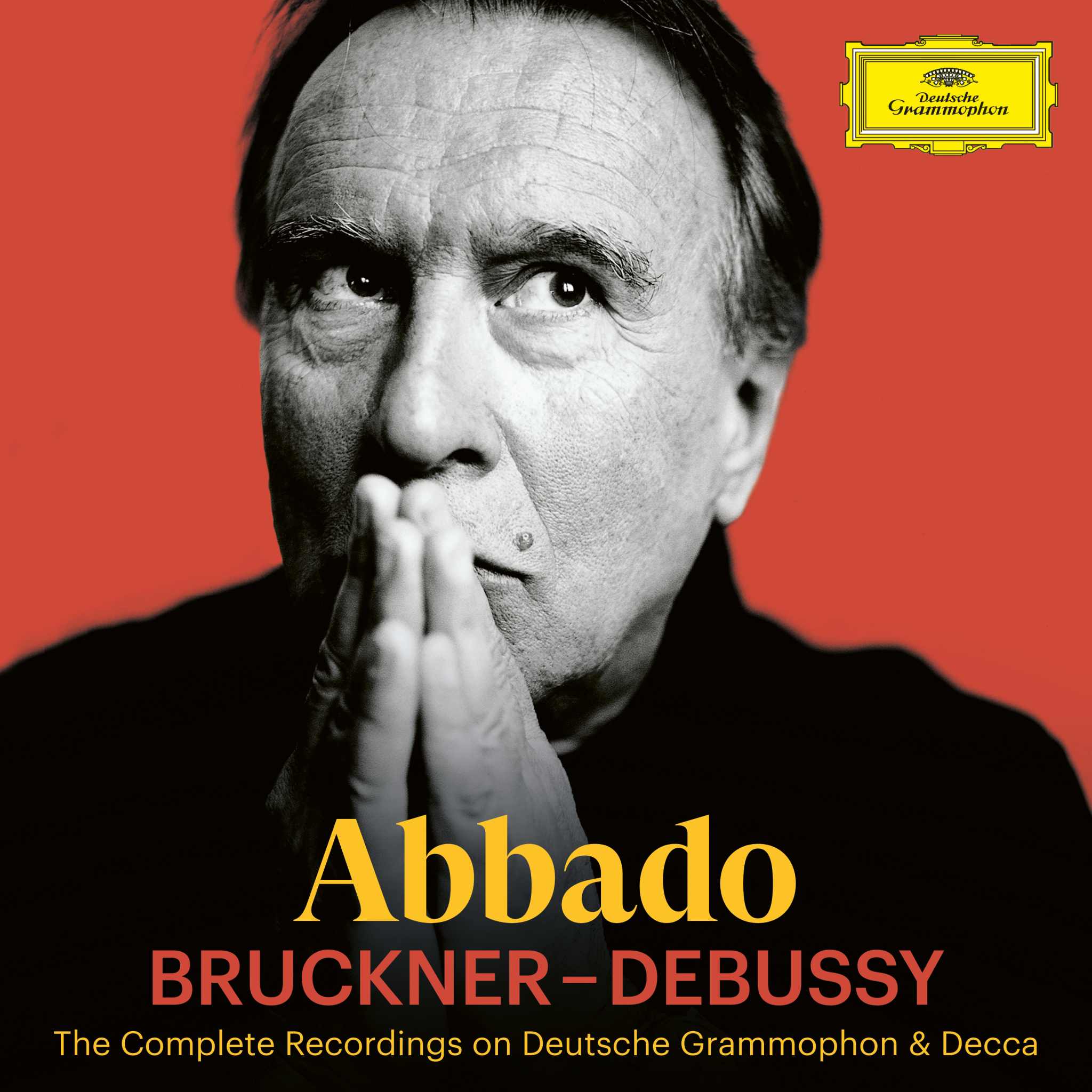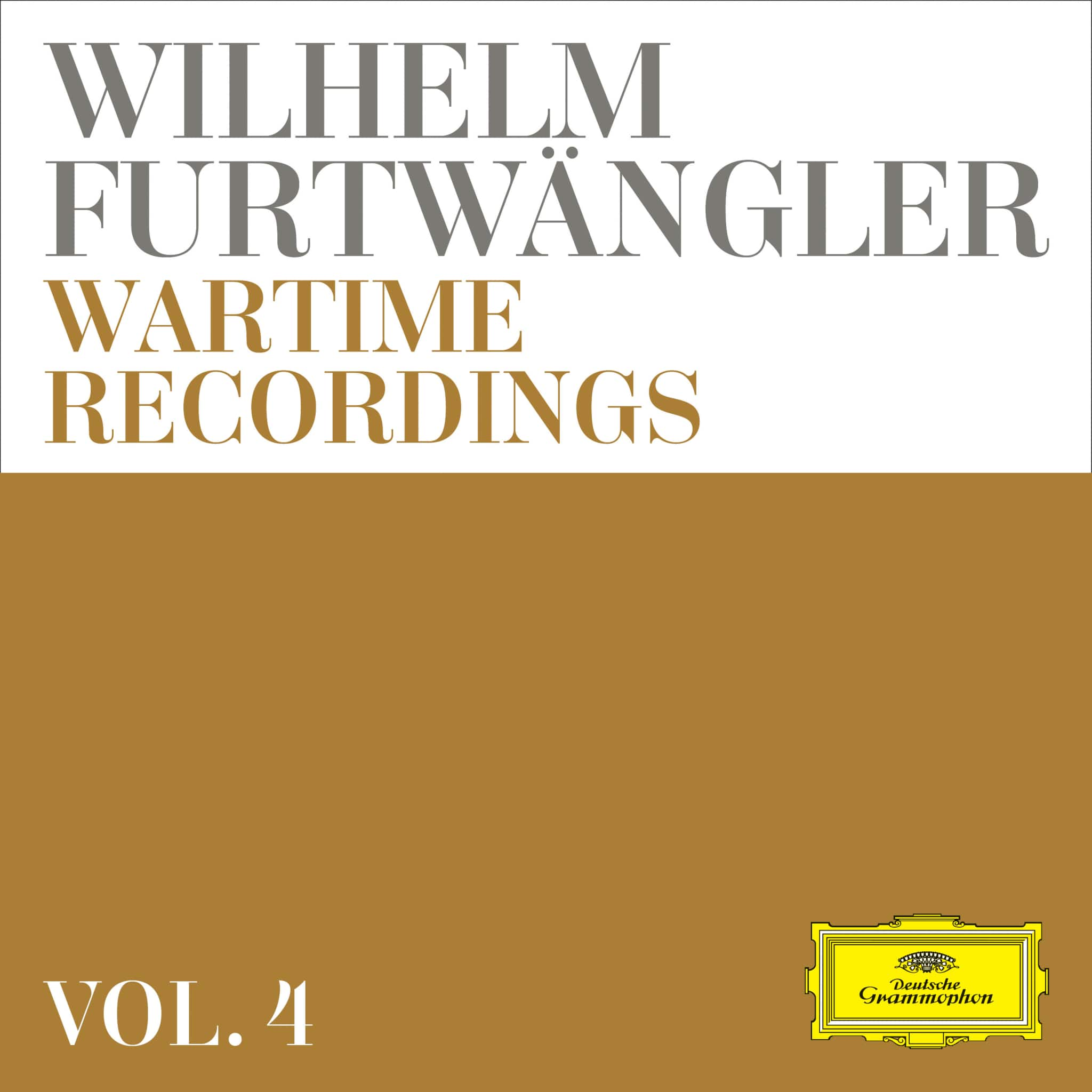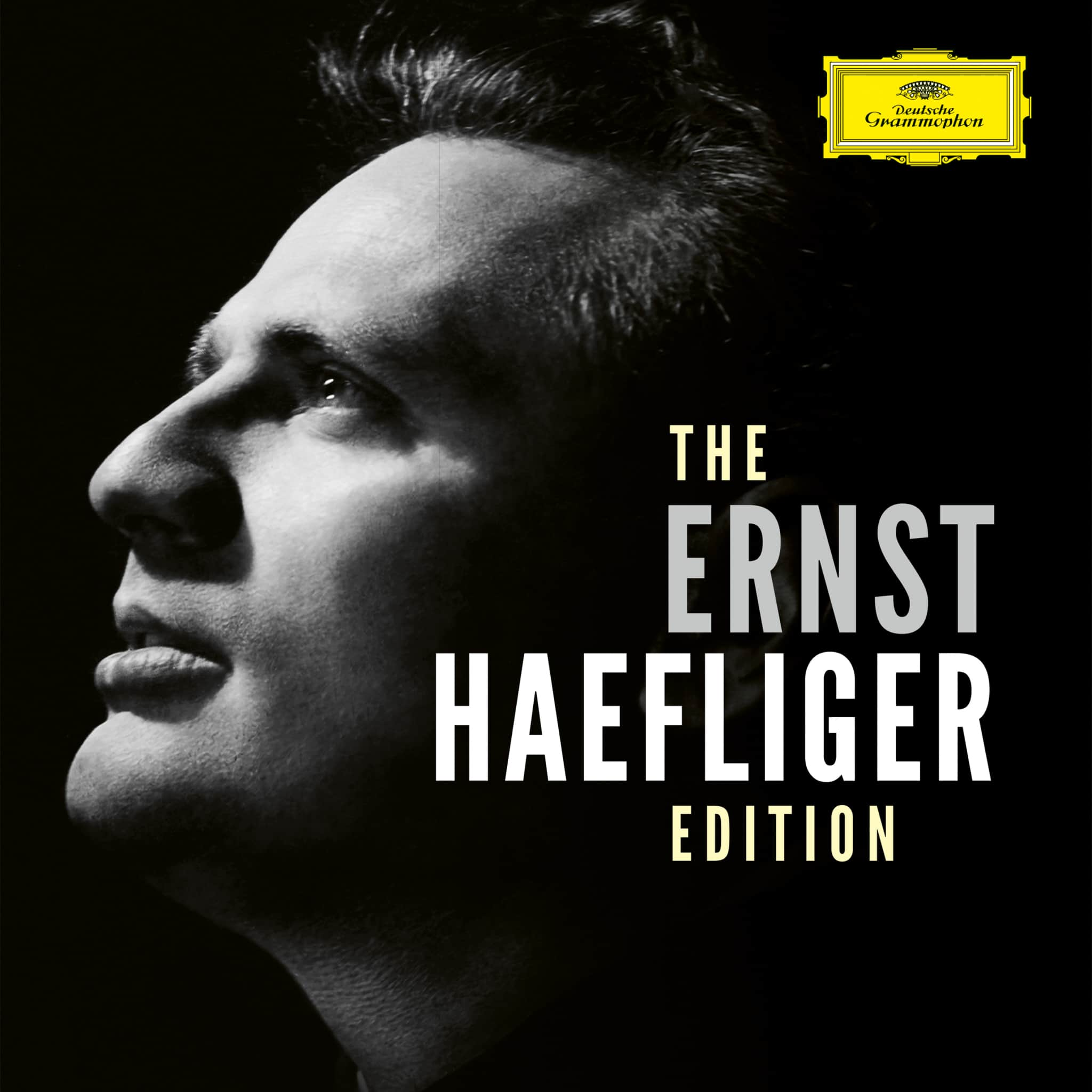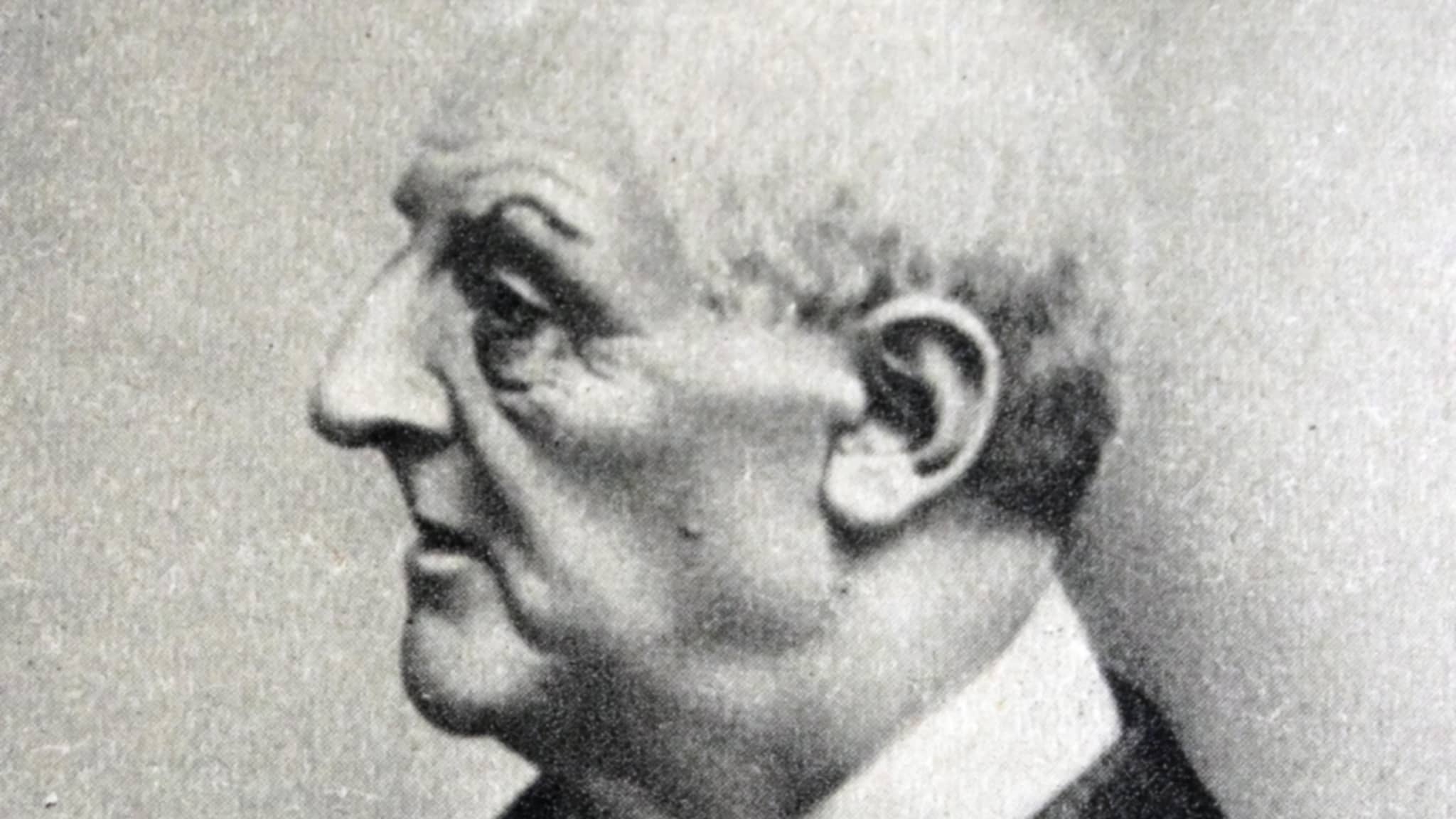Anton Bruckner: Leben, Repertoire & Bedeutende Musikwerke
Anton Bruckner (1824–1896) ist eine einzigartige Persönlichkeit der klassischen Musik, tief verwurzelt in den Traditionen der Kirchenmusik, geprägt von Vorgängern wie Bach, Haydn, Mozart und Palestrina. Obwohl er erst spät das Komponieren zu seinem Hauptberuf machte – die meisten seiner Hauptwerke entstanden nach seinem 40. Lebensjahr – wurde Bruckner schließlich für sein monumentales sinfonisches Schaffen und seine tiefgründigen Chorwerke berühmt.
Bruckners Leben und musikalische Anfänge
Bruckners musikalische Laufbahn begann mit einer intensiven Auseinandersetzung mit den Traditionen der Kirchenmusik. Er war Organist am Linzer Dom und später Professor am Wiener Konservatorium. Sein Musikstil war maßgeblich von seinen frühen Erfahrungen und seinem tiefen religiösen Glauben geprägt.
Bruckners Werk und Anerkennung
Bruckner komponierte elf Sinfonien, darunter zwei unnummerierte („Nr. 0“ und eine Studier-Sinfonie), aber zum Hauptkanon zählen neun nummerierte Werke, von denen die letzte (die Neunte) bei seinem Tod unvollendet blieb. Diese Werke durchliefen mehrere Fassungen, was sowohl Bruckners akribischer Selbstkritik als auch dem stetigen Feedback seiner Zeitgenossen geschuldet war.
Bruckners Sinfonie Nr. 7 und Sinfonie Nr. 9
Die Uraufführung der Siebten Sinfonie im Jahr 1884 in Leipzig markierte einen Wendepunkt in Bruckners Anerkennung und führte zu einer breiteren Akzeptanz seiner Musik im Konzertrepertoire. Die Neunte Sinfonie, „dem lieben Gott“ gewidmet, blieb unvollendet und war als monumentaler „Lobgesang“ gedacht, der sein sinfonisches Schaffen krönen sollte.
Bruckners Sinfonien und Hauptwerke
Neben seinen Sinfonien hinterließ Bruckner ein bedeutendes Erbe in der Chormusik mit 59 geistlichen Werken und zahlreichen kleineren kirchlichen und weltlichen Kompositionen. Besonders hervorzuheben sind seine sieben Messen, zwei Requien, eine geistliche Kantate, mehrere Psalmvertonungen und das gefeierte Te Deum. Zudem komponierte er Kammermusik, Lieder und Orgelwerke, die seine vielfältigen musikalischen Interessen und seinen tiefen Glauben widerspiegeln.
